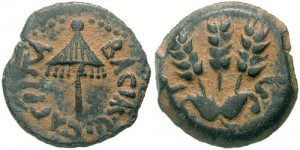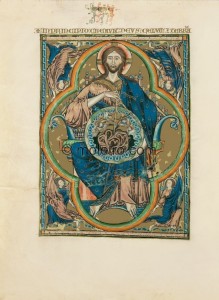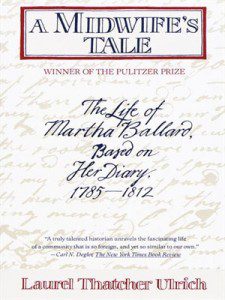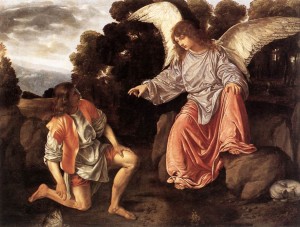“You and your d**n cards. How do you keep track of them all?” queries Adrian “Kim” Philby as he walks into the dark, shade-drawn office of James Angleton, the head of the CIA’s counterintelligence operations. Hovering over stacks of notecards strewn throughout his office while he chain-smokes cigarettes, Angleton replies, “Certain cards simply cry out for me. I am their mother.” In light of Andrew Snowden’s recent disclosures regarding the National Security Agency’s PRISMprogram, this early scene from the... Read more

















